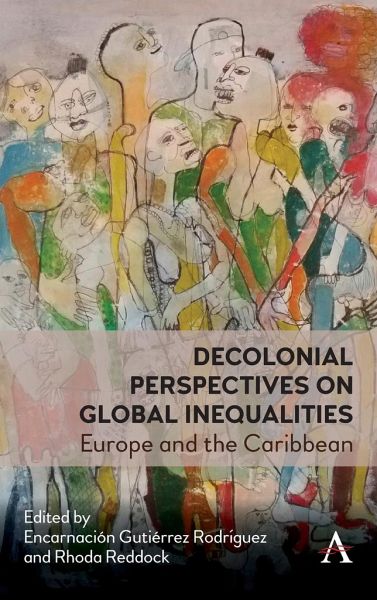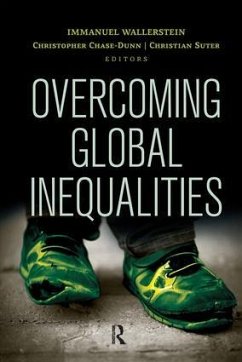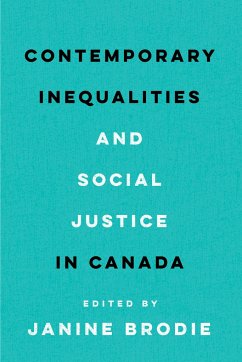
Decolonial Perspectives on Entangled Inequalities
Europe and The Caribbean
Herausgeber: Rodríguez, Encarnación Gutiérrez; Reddock, Rhoda

PAYBACK Punkte
66 °P sammeln!
This book engages with decolonial social and cultural analyses of global entangled inequalities by focusing on their local articulations globally and, in particular, in Germany, Trinidad and Tobago and the United Kingdom.














